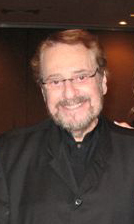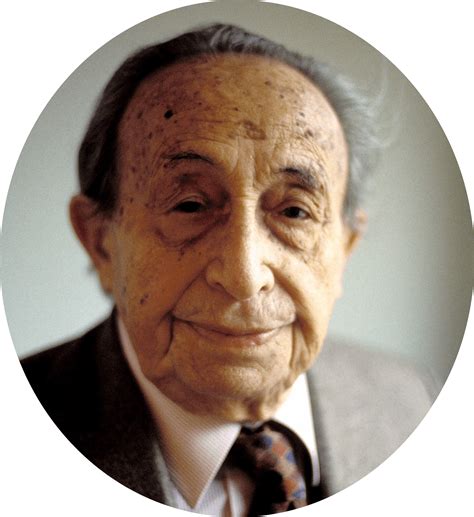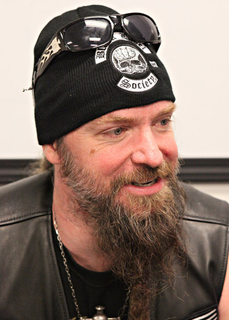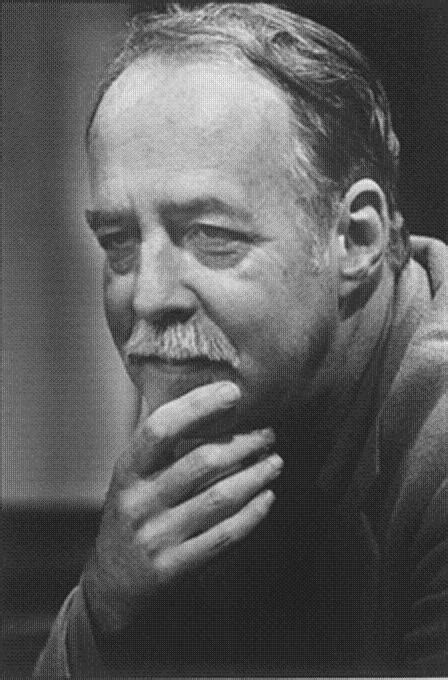A Quote by Phil Ramone
I gotta think that one that becomes a philosophy of work, which is "no excuses."
Quote Topics
Related Quotes
I don't think I could ever stop doing serious movies and just do comedies, or vice versa, but there is something cool about going to work everyday and you're just trying to make your friends laugh. That's nice work if you can get it, you know what I mean? It's different than going to work and knowing that I've gotta slap someone in the face today, and then I've gotta cry, and someone's gonna die, I've gotta get myself to that place.
Work on causal theories of knowledge - early work by Armstrong, and Dretske, and Goldman - seemed far more satisfying. As I started to see the ways in which work in the cognitive sciences could inform our understanding of central epistemological issues, my whole idea of what the philosophical enterprise is all about began to change. Quine certainly played a role here, as did Putnam's (pre-1975) work in philosophy of science, and the exciting developments that went on in that time in philosophy of mind.
Philosophy is the science of estimating values. The superiority of any state or substance over another is determined by philosophy. By assigning a position of primary importance to what remains when all that is secondary has been removed, philosophy thus becomes the true index of priority or emphasis in the realm of speculative thought.
Philosophy, for Plato, is a kind of vision, the 'vision of truth'...Everyone who has done any kind of creative work has experienced, in a greater or less degree, the state of mind in which, after long labour, truth or beauty appears, or seems to appear, in a sudden glory - it may only be about some small matter, or it may be about the universe. I think that most of the best creative work, in art, in science, in literature, and in philosophy, has been a result of just such a moment.
A great deal of the joy of life consists in doing perfectly, or at least to the best of one's ability, everything which one attempts to do. There is a sense of satisfaction, a pride in surveying such a work, a work which is rounded, full, exact, complete in all its parts-which the superficial man, who leaves his work in a slovenly, slipshod, half-finished condition can never know. It is this conscientious completeness which turns work into art. The smallest thing, well done, becomes artistic.


































